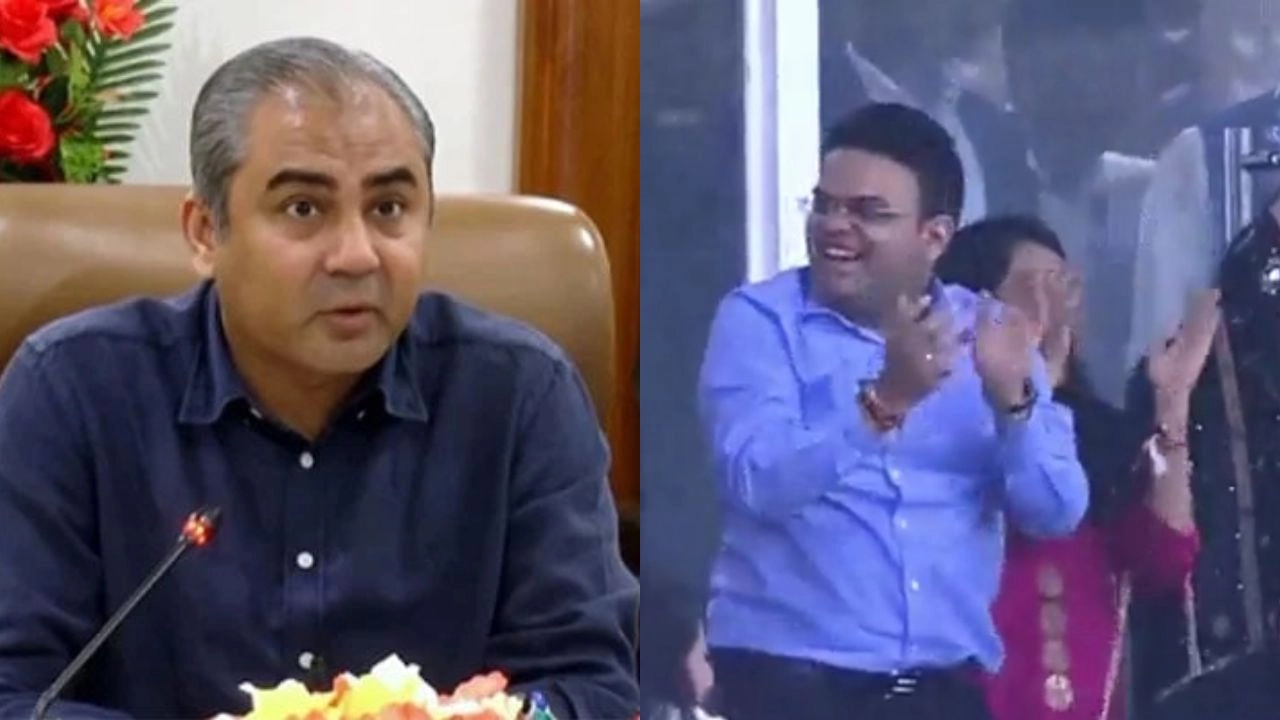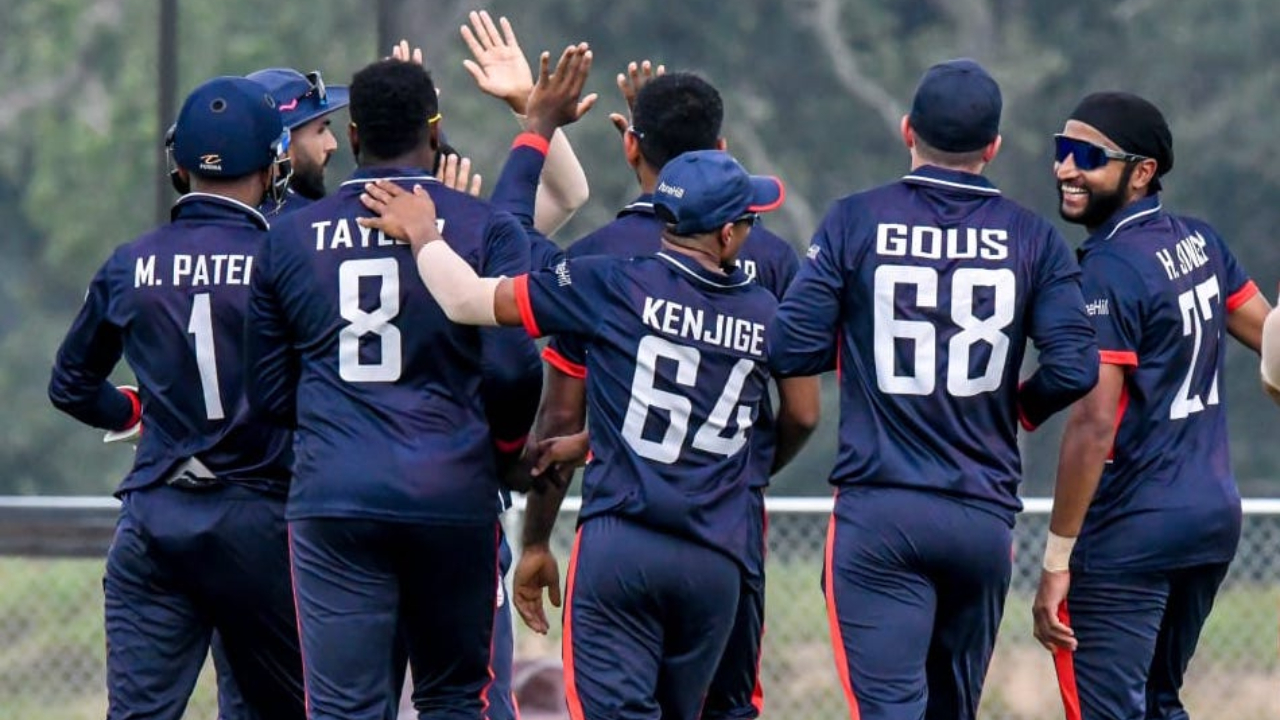Jay Shah’s recent strategic decision has sent shockwaves through the sporting world, particularly impacting Pakistan’s chances of competing in the upcoming Olympics. As the Secretary of the Board of Control for Cricket in India (BCCI), Shah’s move is seen as a masterstroke that not only reinforces India’s dominance in the realm of cricket but also reflects the broader geopolitical tensions that often seep into the world of sports. By leveraging administrative power, Shah has effectively curtailed Pakistan’s participation, raising questions about the intersection of politics and athletics.
This decision comes in the wake of ongoing tensions between India and Pakistan, which often spill over into various domains, including sports. Shah’s actions can be viewed as a calculated maneuver to assert India’s position and influence in the international sports arena. The implications of this move extend beyond cricket, as it sets a precedent for how sports governance can be influenced by political considerations. Many observers have noted that such decisions can have lasting impacts on the spirit of competition and the ideals of sportsmanship, which traditionally advocate for fair play and unity among nations.
Moreover, this situation prompts a reflection on the future of sports diplomacy, particularly in South Asia. With the Olympic Games being a global platform for showcasing athletic prowess and national pride, the absence of a country like Pakistan raises concerns about the inclusivity and fairness of international competitions. Critics argue that while national interests are paramount, the essence of the Olympics should be about transcending political divides and celebrating human achievement. In this context, Shah’s masterstroke is a reminder of how fragile the balance between sports and politics can be, and the potential consequences of allowing political agendas to dictate the landscape of international sports.
As the world watches these developments unfold, it remains to be seen how other nations will respond and whether there will be any calls for restoring a competitive spirit that prioritizes sportsmanship over political rivalry. The implications of Shah’s decision could lead to a re-evaluation of how sports organizations manage political influences and ensure fair participation for all, regardless of geopolitical tensions. Ultimately, the hope is that the integrity of sports will prevail, allowing athletes to compete on the basis of merit rather than political affiliations, fostering unity rather than division in the global sporting community.




